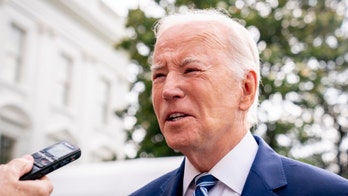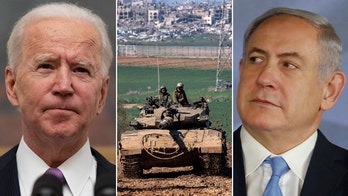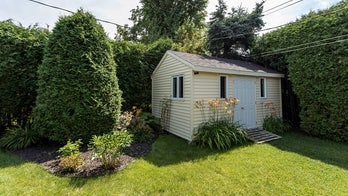In South Africa's most significant election since the end of apartheid, voters cast their ballots amidst a climate of discontent and uncertainty, as the ruling ANC faces unprecedented challenges from a fragmented opposition and a new generation of voters.

South Africans flocked to polling stations on Wednesday, participating in an election widely regarded as the most consequential since apartheid ended 30 years ago. The African National Congress (ANC), which has dominated South African politics for the past three decades, is facing a formidable challenge from a growing opposition and a new wave of voters disillusioned with the party's performance.

At stake is the ANC's continued hold on power and the direction of South Africa's democracy. The election is expected to usher in a period of significant change, as the ANC's dominance is being challenged by a fragmented opposition and a growing demand for accountability and better governance.
The ANC has been the target of growing discontent in a country of 62 million people, half of whom live in poverty. Corruption scandals, high crime rates, and a failure to deliver basic services have eroded public trust in the party that once promised a better life for all.
President Cyril Ramaphosa, the ANC's leader, expressed confidence in his party's victory, predicting a "firm majority." However, the main opposition leader, John Steenhuisen, countered that for the first time in 30 years, "there is now a path to victory for the opposition."
The election was held on one day, with polls closing after 14 hours of voting at more than 23,000 stations across South Africa's nine provinces. Counting has commenced, but final results are not expected for days.
In previous elections, the ANC has witnessed a decline in support as South Africa's economy faces deep-seated socioeconomic problems. The country has one of the highest unemployment rates in the world at 32%, and poverty disproportionately affects the Black majority.
At a polling station in the Johannesburg township of Soweto, Samuel Ratshalingwa expressed his concerns about the lack of employment opportunities in his community. "We have to use the vote to make our voices heard about this problem," he said.
Opinion polls indicate that the ANC's support has dropped below 50%, an unprecedented decline. The party may lose its majority in Parliament for the first time, although it is expected to retain the most seats.
Ramaphosa has vowed to "do better" and has promised to address the challenges facing the country. He voted in Soweto, where he was born and which played a pivotal role in the anti-apartheid movement.
A change in the ANC's hold on power could have far-reaching consequences for South Africa. If the party loses its majority, it will likely face the prospect of forming a coalition with others to remain in government and keep Ramaphosa as president for a second term. Such an arrangement would be unprecedented in South Africa's history.
South Africans vote for parties, not directly for their president. Parties earn seats in Parliament based on their share of the vote, and lawmakers then elect the president. Nearly 28 million people were registered to vote, and the electoral commission reported a high voter turnout.
The opposition to the ANC is diverse but fragmented. The two largest opposition parties, the centrist Democratic Alliance and the far-left Economic Freedom Fighters, are not expected to gain enough votes to unseat the ANC. Disgruntled South Africans are turning to a range of smaller opposition parties, including one led by former President Jacob Zuma, who has turned against his former ANC allies.
Steenhuisen, the leader of the Democratic Alliance, predicted that South Africa would enter a "coalition country" and stated that his party would work with smaller parties to combine their votes and remove the ANC from power.
The ANC remains confident of retaining its majority, and analysts have not ruled it out, given the party's extensive grassroots campaigning network. It still has significant support among the electorate.
Velaphi Banda, a 68-year-old voter, expressed his unwavering support for the ANC. "I have voted for the ANC since 1994 and will do so again," he said. "I have always known."
Ramaphosa emphasized the progress made by South Africa since apartheid, when Black people were denied the right to vote and subjected to severe oppression. This election is only the seventh national vote in which people of all races can participate.
However, memories of apartheid and the defining election that ended it in 1994 are fading as time passes, and this election might give voice to a new generation that has known nothing but post-apartheid South Africa.
"I feel like there are just no opportunities for young people in this area," said Innocentia Zitha, a 27-year-old resident of a township.
South Africa is a multiracial country with a diverse population, including significant numbers of white people, those of Indian descent, those with biracial heritage, and others. There are 12 official languages.
The election reflects the nation's contradictions, from the economic hub of Johannesburg to the scenic tourist destination of Cape Town, to the informal settlements and remote rural areas. In one such area in KwaZulu-Natal province, 72-year-old grandmother Thembekile Ngema and others walked 20 minutes over rolling hills to reach their polling station.
South Africa has held peaceful and credible elections since the transition from apartheid. Authorities deployed nearly 3,000 soldiers across the country to ensure order and security during the election.










